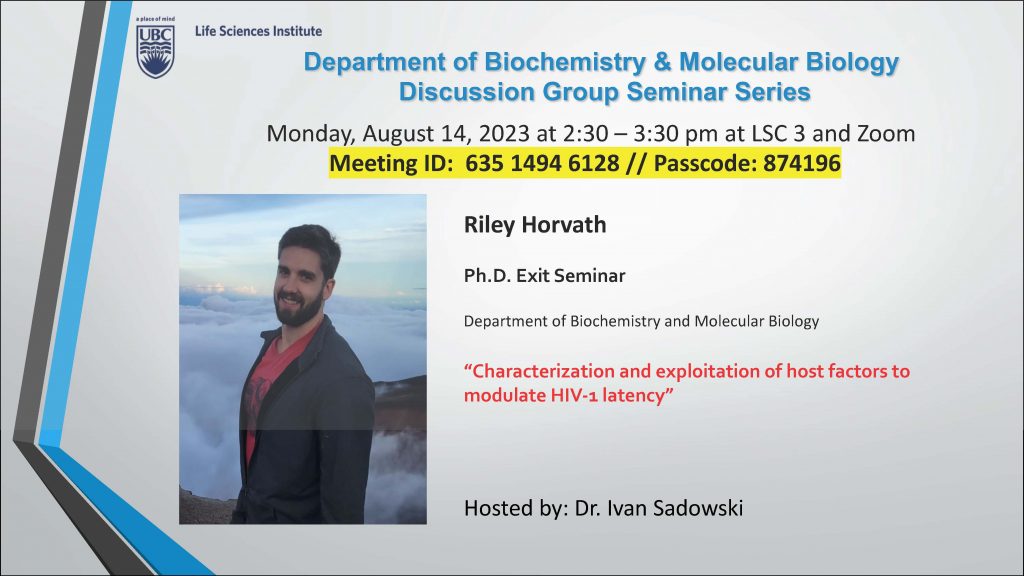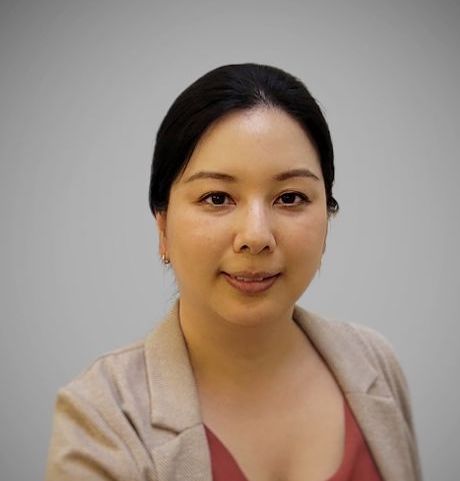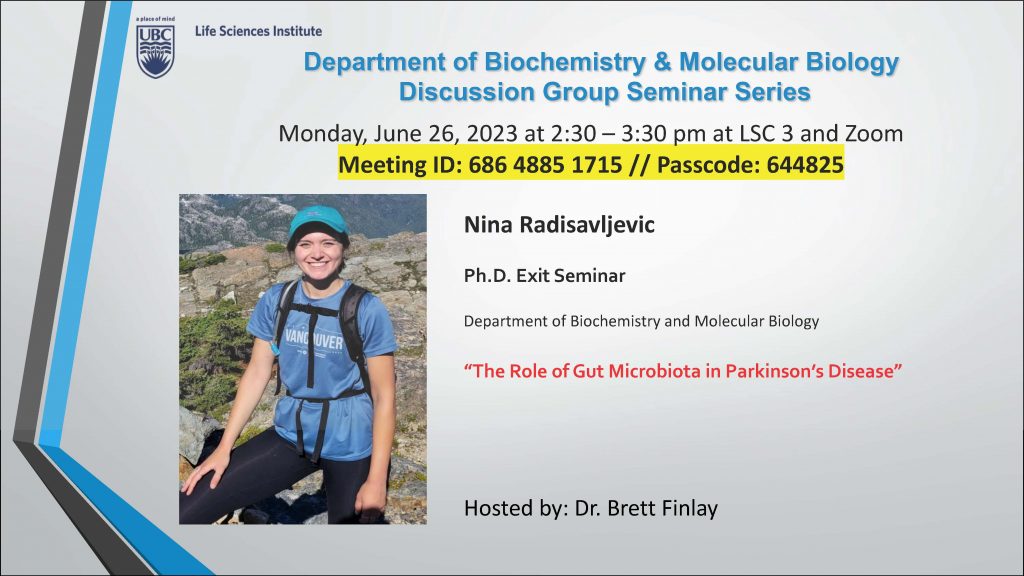
BIOCAPS Spotlight: Jenny Moon
We are thrilled to shine a spotlight on one of our exceptional members in the department of Biochemistry & Molecular Biology this month! Please meet Jenny Moon, who has been selected for BIOCAPS Spotlight series.

Jenny was born in Korea and immigrated to Canada as a child. She completed B.Sc. from UBC/BCIT joint degree honours, with specialization in Biotechnology.
Tell us about your current research focus and project.
I started working in the Foster lab in 2009 as a technician, working on sample preparation for the large-scale honey bee projects that the Foster lab was funded one after another for proteomic analysis. Then I took on sample preparation for collaborator projects for proteomics as well, enabling authorship on numerous peer-reviewed papers. Now I hold the title of a lab manager, overseeing undergraduate students prepping more large-scale honey bee projects, teaching sample preparation to new lab members and collaborators, and maintaining lab operational activities.
Jenny is the glue that keeps our whole lab together. She is the stable rock upon which everything rests. She can do everything and knows how everything works. She trains most new people who come into the lab in everything from preparing proteomics samples to safety to lab etiquette. While we all rely on her, no one relies on her more than me as she keeps me in line, too, reminding me of where our limitations or restrictions are, or when I need to do some paperwork. She is an invaluable member of our group.
Dr. Leonard Foster, Professor
What do you like about your current position?
The coolest aspect of my position is being surrounded with colleagues who excel at diving into new challenges and projects which motivates me to be the same.
What do you enjoy when you are not working?
When I’m not working, I cuddle with my dog, a 2 year-old miniature schnauzer. I try to stay active by taking fitness classes like yoga and kickboxing. And I do enjoy the rise in popularity of Korean pop culture in North America, making them available in mainstream media.
What is your favourite place to visit?
I don’t have a specific favorite place but I love visiting places with lots of history and architecture.
